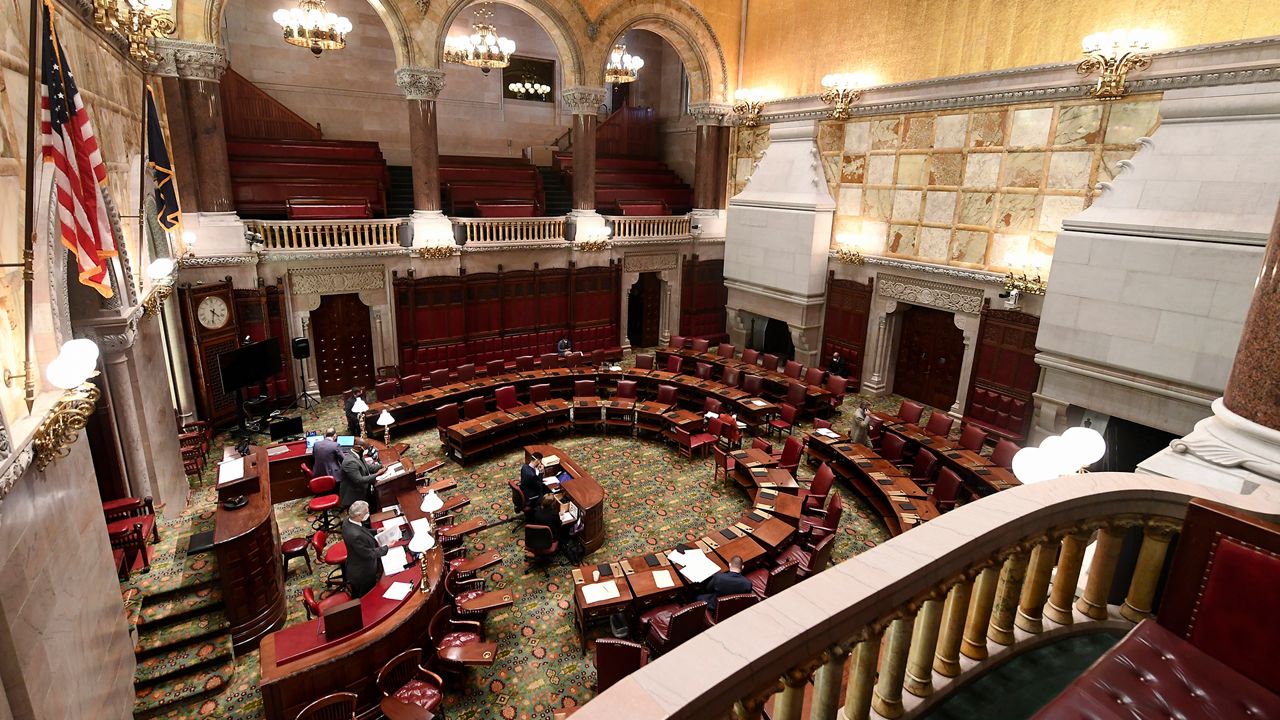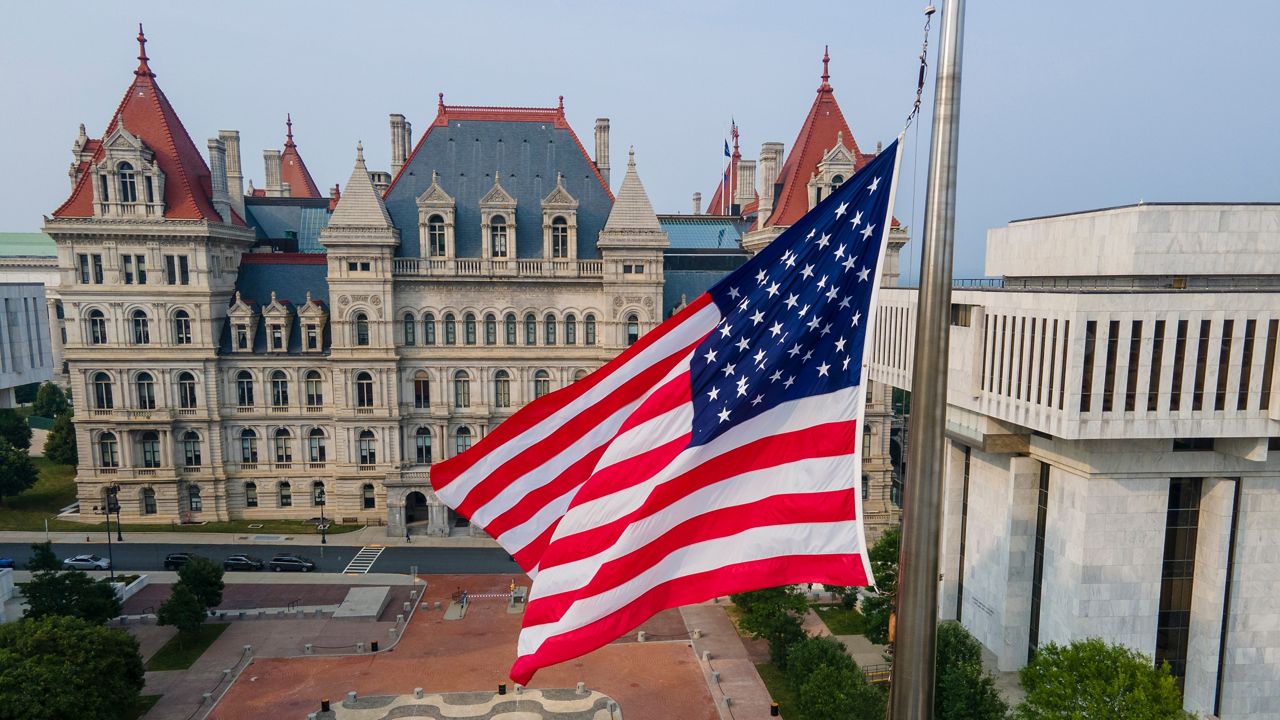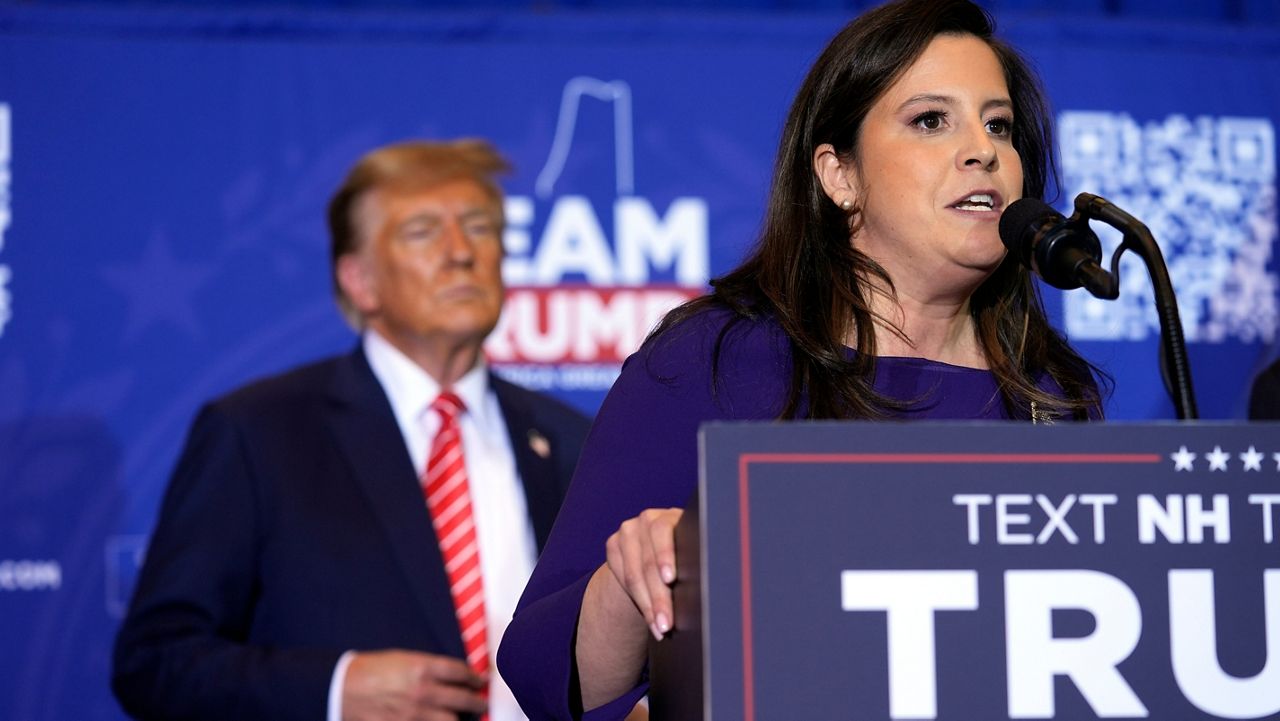A bill backed by two Democratic state lawmakers is meant to ease the path for candidates to qualify for the ballot while also making it easier for candidates to be rejected if they fail to attract enough support through the petitioning process.
The legislation backed by Democratic Sens. Elijah Reichlin-Melnick and Rachel May is meant to make changes to the Byzantine ballot access laws in New York candidates must adhere to, and can often make it difficult to run for elected office.
“Running for office is extremely challenging, but good candidates are often prevented from even appearing on the ballot because of intentionally obscure rules in the petitioning process," May said. "We must make it easier for all New Yorkers to get on the ballot so that more good candidates have the ability to run for office and voters have more choice at the polls.”
The proposal would require a board of elections official or judge to rule on whether objections to a candidate's petition for the ballot is valid by construing state election law as broadly as possible. The bill would also seek to avoid the invalidating of signatures unless the identity of a voter is not clear or there are allegations of fraud.
Challenges due to basic errors would be easier to dismiss as well.
Challenges to a candidate's petition would also be rejected if a signer's address is reasonably ascertainable, an error is made in writing a village or hamlet for a voter's address or due to a pagination error.
But at the same time, if a candidate submits a petition without the required number of signatures, it could be automatically rejected without having to go through the objection process.
“Each year, countless voter signatures and candidate petitions are invalidated because of technical errors in cases where there is no allegation of fraud. Today is the first day of the designating petition process for the 2022 elections," Reichlin-Melnick said. "Let this be the last cycle where candidates across the state may be denied an opportunity to run in primary and general elections because of arbitrary determinations.”








